Publications
Articles, publications, books, tools and multimedia features from the U.S. Institute of Peace provide the latest news, analysis, research findings, practitioner guides and reports, all related to the conflict zones and issues that are at the center of the Institute’s work to prevent and reduce violent conflict.

Elie Abouaoun on Lebanon’s Deepening Crisis
Lebanon’s leaders have lacked a cohesive strategy to respond to COVID-19, exacerbating tensions that sparked mass protests last fall. But while the government struggles, and Hezbollah’s influence weakens, USIP’s Elie Abouaoun says, “Unfortunately, the protest movement is as fragmented as the government.”
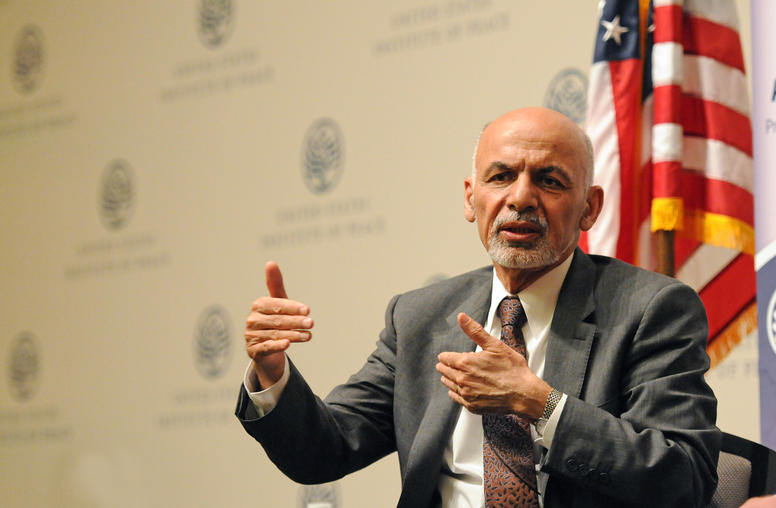
Afghan President Ghani: Freeing Prisoners Can Speed Peace Talks
Afghanistan’s government is accelerating its release of thousands of Taliban prisoners as a step toward peace talks, President Ashraf Ghani told an online audience today. The number of prisoners freed should now surpass 3,000, Ghani said, announcing that 2,000 more will be released “within a very short period.” That move, taking the total of freed Taliban fighters to 5,000, would fulfill a central Taliban pre-condition for peace talks. Ghani voiced optimism that a rare “window of opportunity” has opened for peace negotiations, but said further steps are vital to seize the chance to end the nation’s 40-plus years of warfare.
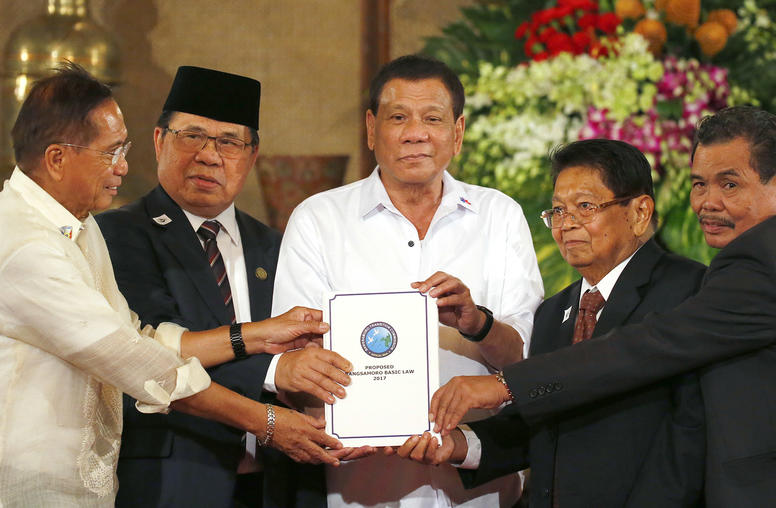
The Challenges Facing the Philippines’ Bangsamoro Autonomous Region at One Year
Just over a year ago, the Bangsamoro Autonomous Region of Muslim Mindanao (BARMM) was formally established as part of a peace agreement to end nearly five decades of conflict between the Philippine government and Moro secessionists. This report discusses the many notable achievements of the BARMM government during its first year while cautioning that these accomplishments are not irreversible, and that the BARMM will need international support—including from the United States—to confront future challenges.
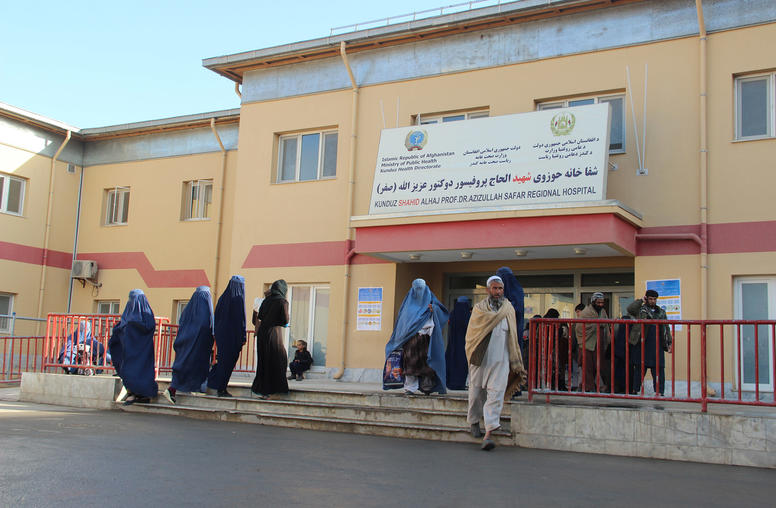
Coronavirus Complicates an Already Dire Situation for Afghan Women
Amid the coronavirus pandemic many countries around the world have reported an alarming increase in domestic violence. Indeed, U.N. Secretary-General Antonio Guterres has called for measures to address the “horrifying surge in domestic violence” linked to COVID-related lockdowns. In Afghanistan—one of the worst countries in the world for women by almost any metric—the lockdown exacerbates the dire situation many Afghan women already face. As the Afghan peace process inches forward amid a global pandemic, Afghan women’s inclusion and input are critical to combatting COVID and building peace.
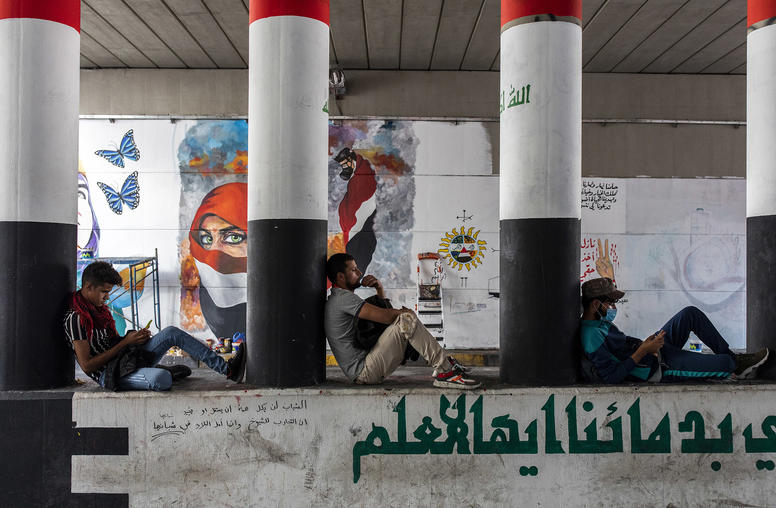
U.S.-Iraq Dialogue Opens Door To Reset Relations
Since October 2019, Iraq has been rocked by multiple crises. Protesters hit the street last fall to demand an end to corruption and foreign interference, an overhaul of the political system, and economic justice, leading to the resignation of Prime Minister Adel Abdul-Mahdi in November. Several attempts to form a new government failed until Mustafa al-Kadhimi succeeded in May. At the beginning of 2020, the U.S. airstrike that killed Iranian commander Qassem Soleimani resulted in ratcheted up tensions between Washington and Tehran that largely played out on Iraqi soil. Then the coronavirus descended up Iraq.

Vikram Singh on Tensions Along the China-India Border
In recent weeks, Chinese and Indian soldiers have been fighting on their long-disputed border. USIP’s Vikram Singh says these skirmishes are not new—but that the latest hostilities echo China’s aggression in other parts of the region, saying, “It seems like China is flexing its muscle in every direction.”
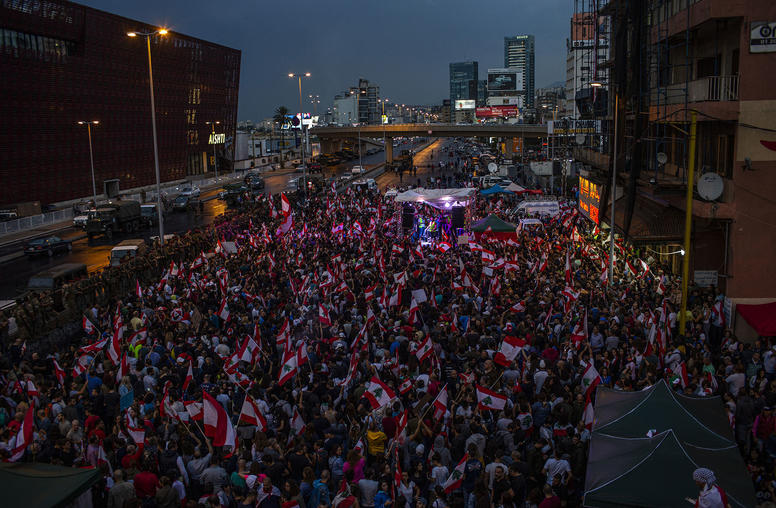
Lebanon’s Protests Set to Pick up Despite Coronavirus Pandemic
Protests erupted in Lebanon last year over the country’s lagging economy and sclerotic, sectarian-based political system, but slowed amid the global pandemic. The small Mediterranean nation’s economy is in free fall, with the World Bank estimating more than half the population living below the poverty line. Protesters were forced to switch tactics amid the coronavirus and the lock down measures have forced even more Lebanese into poverty. But protesters are planning to return to the streets as COVID precautions ease. USIP’s Elie Abouaoun and Osama Gharizi discuss how the government has responded in the months since protests erupted in October 2019, how the protesters adapted during the pandemic, and the role of Hezbollah.
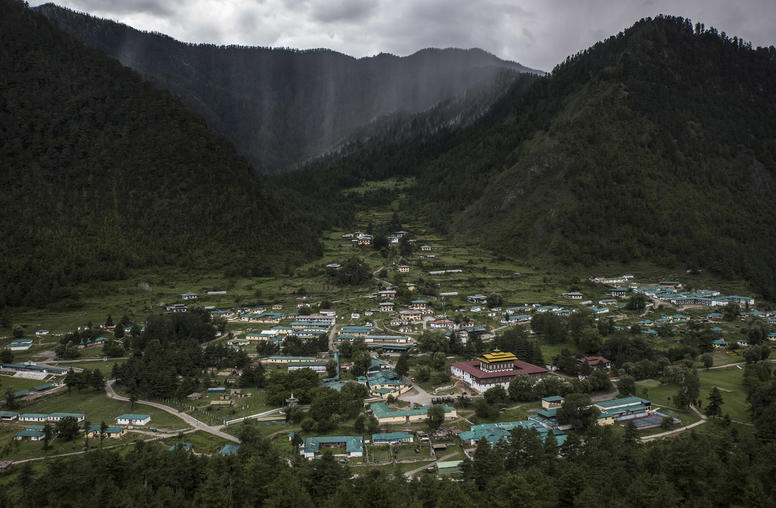
India and China Come to Blows in the Himalayas
In early May, a fistfight broke out between Chinese and Indian soldiers along the disputed border between the world’s two most populous, nuclear-armed nations. A few days later, Chinese soldiers confronted Indian soldiers at several other points along the Line of Actual Control (LAC), which has served as the de facto border between the two countries since the 1962 Sino-Indian war. Both countries have more recently ramped up their military presence in the region. This escalation of tensions comes as China has turned increasingly assertive in its neighborhood, and as the world grapples with the COVID-19 pandemic. USIP’s Vikram J. Singh, Jacob Stokes, and Tamanna Salikuddin look at the causes behind the flare-up and its potential consequences.
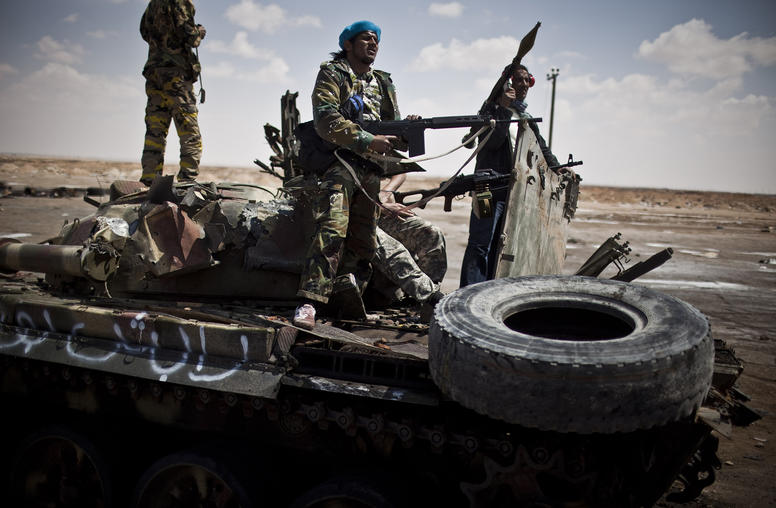
Foreign Interference Remains Key Driver of Libya Conflict
Libyan strongman Khalifa Haftar over a year ago launched his offensive to seize Libya’s capital, Tripoli, from the internationally recognized Government of National Accord (GNA). The battle for Tripoli had been at a stalemate for months until late May when hundreds of Russian military contractors, supporting Haftar’s Libya Arab Armed Forces (LAAF), retreated from fighting on the frontlines. The role of outside powers continues to drive Libya’s conflict, with Turkey, Egypt, the UAE, and Russia all heavily involved. Just yesterday, the U.N. mission in Libya said that the two sides agreed to resume cease-fire talks but did not say when these renewed talks would start.
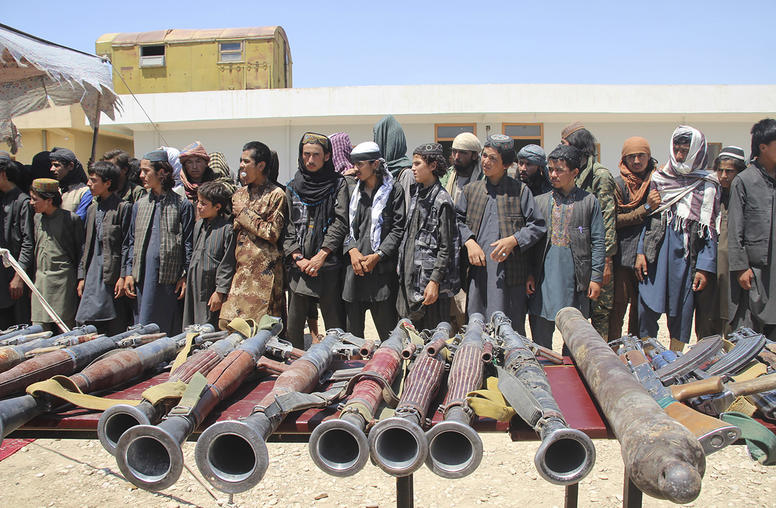
Bourgeois Jihad: Why Young, Middle-Class Afghans Join the Islamic State
Ever since the Islamic State in Khorasan Province emerged in Afghanistan in 2015, policymakers and security forces have regarded it as an “imported” group that can be defeated militarily. This approach, however, fails to take into account the long-standing and complex historical and sociological factors that make the group’s ideology appealing to young, urban Afghan men and women. Based on interviews with current and former members of ISKP, this report documents the push and pull factors prompting a steady stream of young Afghans to join and support ISKP.